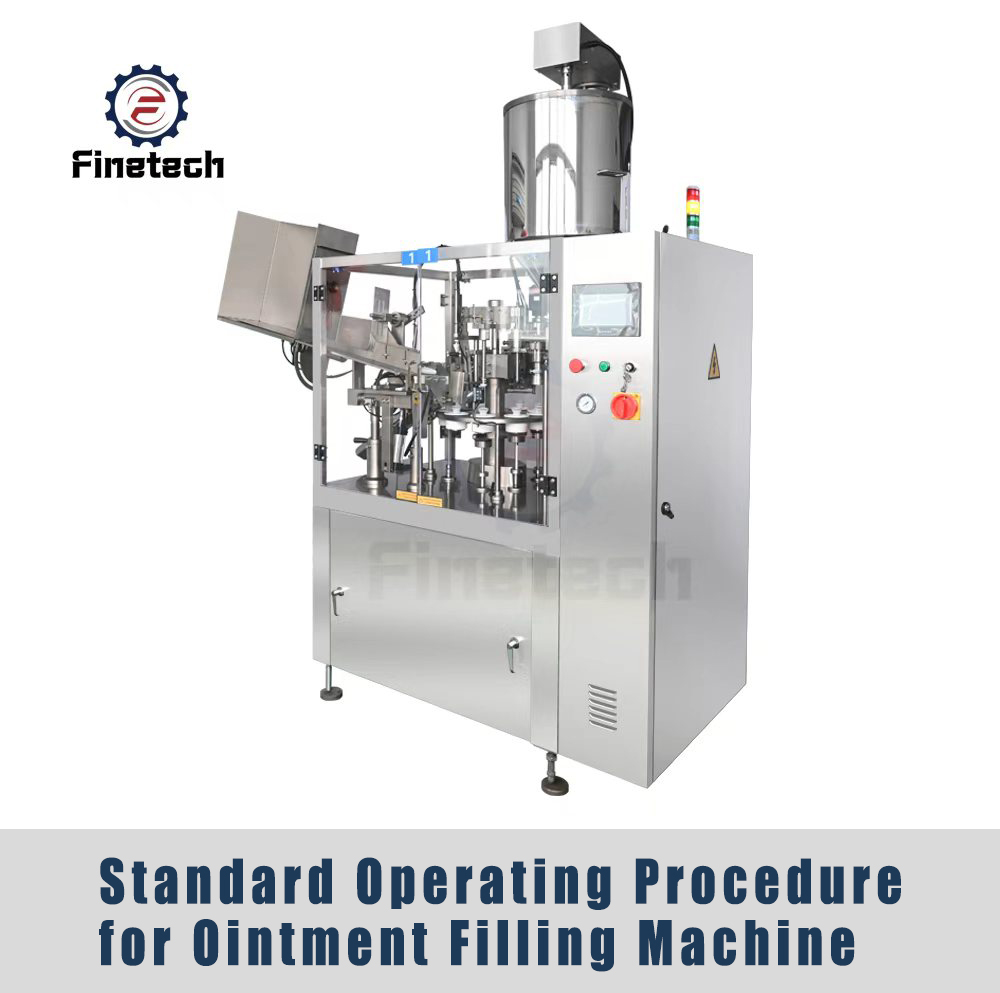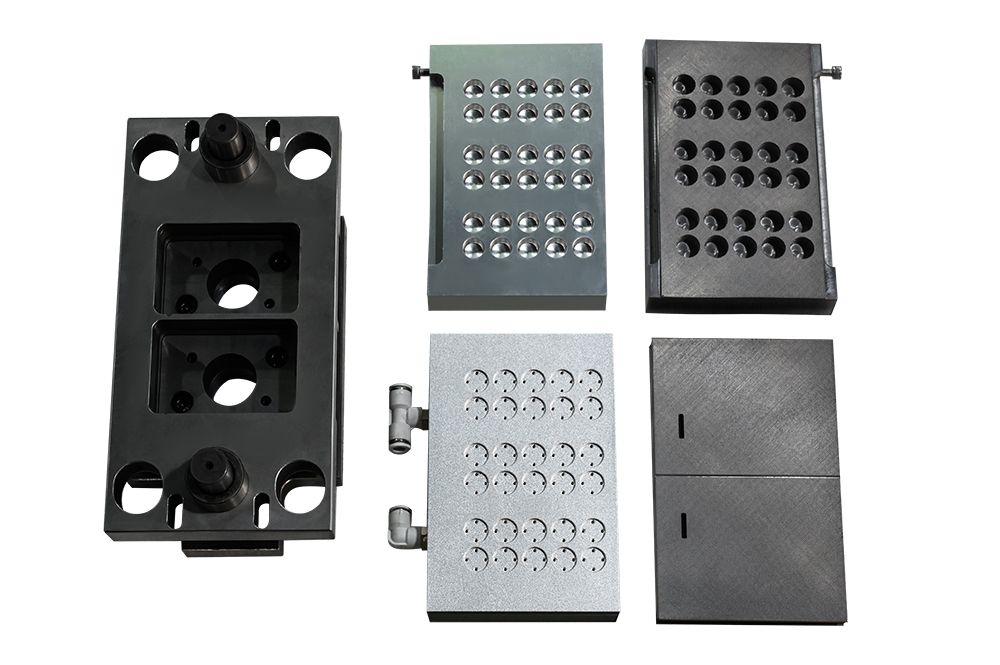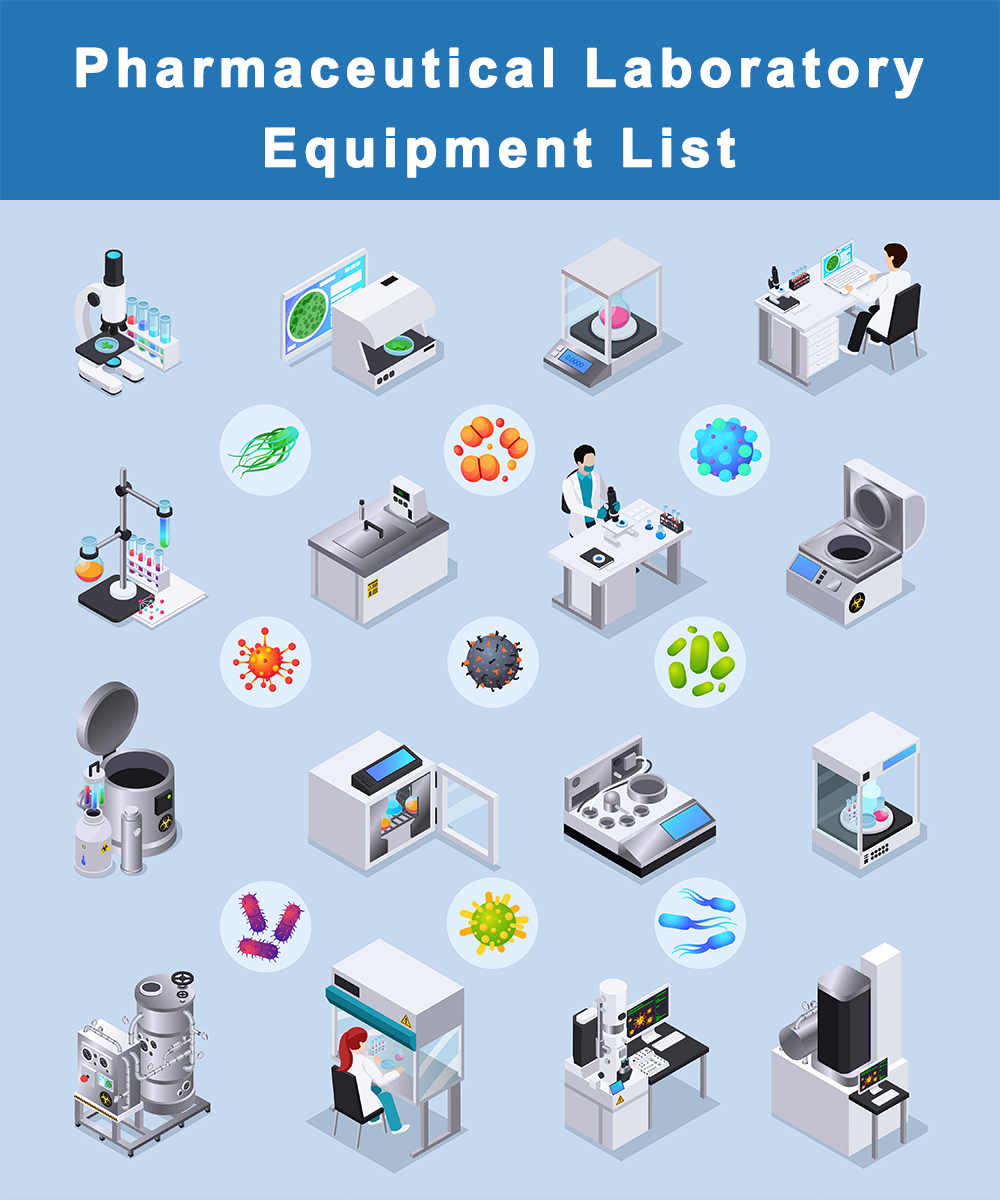What is a Capsule?
A capsule is a small container used to hold medicine. Think of it as a tiny box that carries drugs inside your body. The container dissolves once it reaches your stomach. This releases the medicine so your body can use it.
Capsules look like small tubes. They come in many colors and sizes. and usually use capsule filling machine made it. Most capsules have two parts that fit together. The medicine goes inside these two parts.
How Were Capsules Introduced?
Capsules have an interesting history. They were invented in 1834 by a French pharmacist named François Mothes. Before capsules, people had to take bitter-tasting medicines directly.
The first capsules were made from gelatin. Gelatin comes from animal bones and skin. It forms a clear, flexible material when mixed with water. This made it perfect for holding medicines.

Over time, capsules became very popular. They solved many problems that liquid medicines had. Today, millions of people use capsules every day around the world.
What is a Capsule in Pharma Used For?
In the pharmaceutical world, capsules serve many purposes. They hold different types of medicines safely. These include:
Powdered medicines – Many drugs come as fine powders. Capsules keep these powders fresh and easy to swallow.

Liquid medicines – Some medicines are liquids or oils. Special capsules can hold these without leaking.

Multiple drugs – Sometimes you need several medicines at once. Capsules can hold different drugs together.

Time-release medicines – Some capsules release medicine slowly over several hours. This helps maintain steady levels in your body.
Sensitive medicines – Some drugs break down when exposed to air or light. Capsules protect them from damage.
What is the Purpose of the Capsule?
Capsules serve several important purposes in medicine:
Easy swallowing – Pills can be hard to swallow, especially for children and elderly people. Capsules have smooth surfaces that slide down easily.
Taste masking – Many medicines taste terrible. Capsules hide these bad tastes completely. You don’t taste the medicine until the capsule dissolves in your stomach.
Accurate dosing – Each capsule contains exactly the right amount of medicine. This ensures you get the correct dose every time.
Protection – Capsules protect medicines from moisture, air, and light. This keeps medicines effective for longer periods.
Targeted delivery – Some capsules are designed to dissolve only in specific parts of your body. This ensures the medicine works where it’s needed most.
Types of Capsules
There are two main types of capsules:
Hard Capsules
Hard capsules are the most common type. They have two parts – a cap and a body. These parts fit together tightly. Hard capsules usually contain:
- Powdered medicines.
- Granules.
- Small tablets.
- Dry ingredients.
Hard capsules are easy to fill with machines. They’re also less expensive to make. Most vitamins and supplements use hard capsules.
Soft Capsules
Soft capsules are made in one piece. They feel flexible and gel-like. Soft capsules usually contain:
- Liquid medicines.
- Oils.
- Pastes.
- Semi-solid. materials.
Soft capsules are sealed completely. This prevents leaking and contamination. Fish oil supplements often use soft capsules.
Special Types
Some capsules have special features:
Enteric-coated capsules – These don’t dissolve in stomach acid. They wait until reaching the intestines.
Delayed-release capsules – These release medicine hours after swallowing.
Extended-release capsules – These release medicine slowly over 12-24 hours.
Why Do We Need Capsules?
Capsules solve many problems in medicine:
Patient comfort – Swallowing capsules is much easier than taking liquid medicines. There’s no measuring or mixing required.
Stability – Medicines last longer when stored in capsules. They don’t break down as quickly from exposure to air.
Convenience – Capsules are portable and don’t require refrigeration like many liquids. You can carry them anywhere.
Precision – Each capsule contains an exact dose. This eliminates guessing and measuring errors.
Compliance – People are more likely to take their medicine when it’s in easy-to-swallow capsules.
Cost-effective – Capsules are cheaper to make and store than many other forms of medicine.
How Are Capsules Made?
Making capsules involves several steps:
Step 1: Preparing the Shell
First, manufacturers mix gelatin with water and additives. They may add colors or preservatives. The mixture is heated until it becomes liquid.
Step 2: Forming the Shape
The liquid gelatin is poured into molds. These molds are shaped like capsules. The gelatin cools and hardens into the capsule shape.
Step 3: Filling the Capsules
Machines fill the capsules with medicine. For hard capsules, the two parts are separated, filled, then joined together. For soft capsules, the medicine is injected before sealing.
Step 4: Quality Control
Every batch is tested for quality. This includes checking the medicine amount, capsule strength, and dissolution time.
Step 5: Packaging
Finally, capsules are packaged in bottles or blister packs. They’re labeled with important information like dosage and expiration dates.
Modern factories can make millions of capsules per day. Automated machines handle most of the process to ensure consistency and safety.
Takeaway
Capsules are essential tools in modern medicine. They make taking medicine easier, safer, and more effective. From their invention in 1834 to today’s advanced formulations, capsules continue to improve healthcare.
Whether you’re taking vitamins, prescription drugs, or supplements, capsules offer many benefits. They protect medicines, mask bad tastes, and ensure accurate dosing. Understanding how capsules work helps you make better decisions about your healthcare.
Next time you take a capsule, remember the complex science and careful manufacturing that went into creating it. These small containers play a big role in keeping us healthy and making medicine more accessible for everyone.
The future of capsules looks bright, with new technologies making them even more effective and easier to use.





